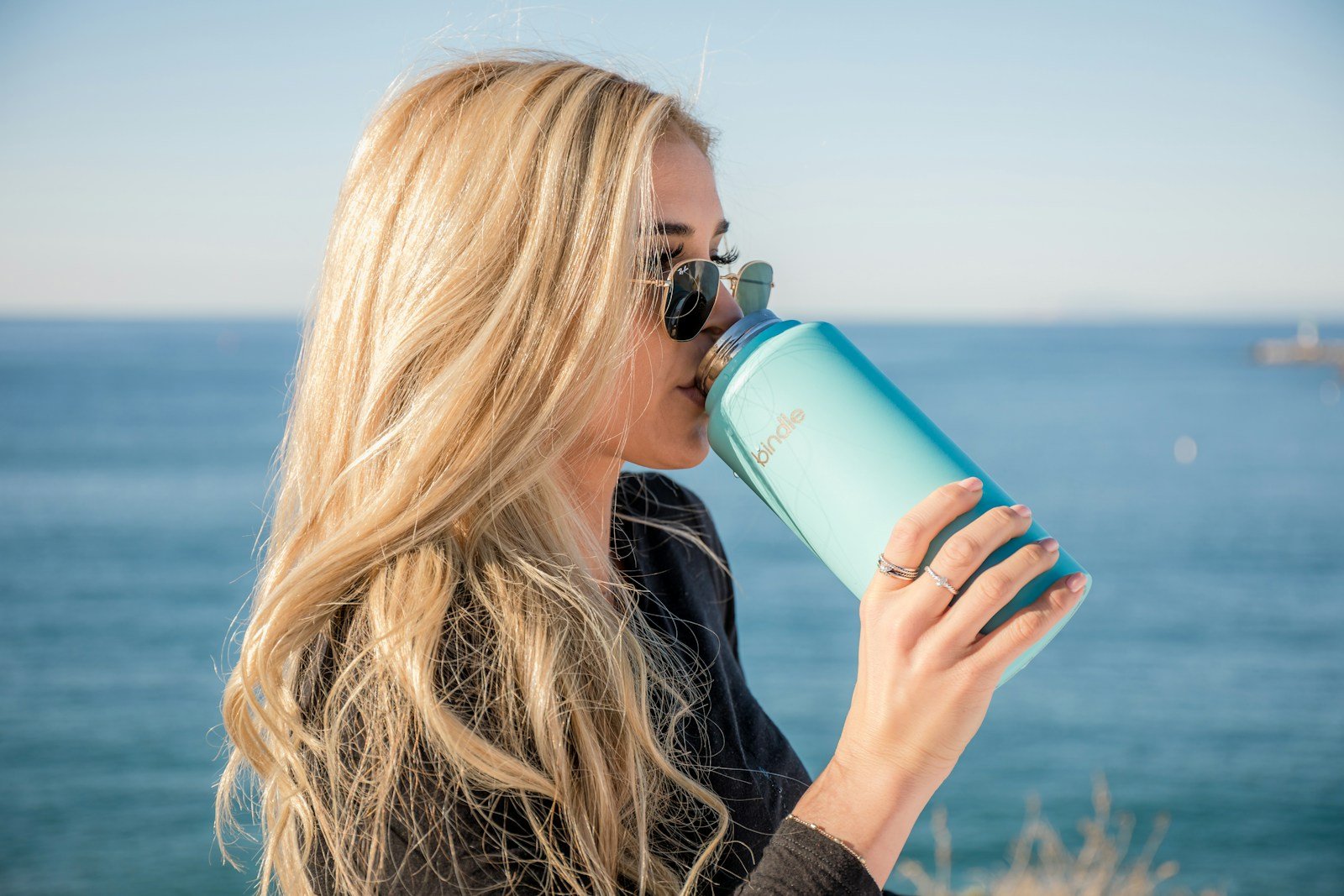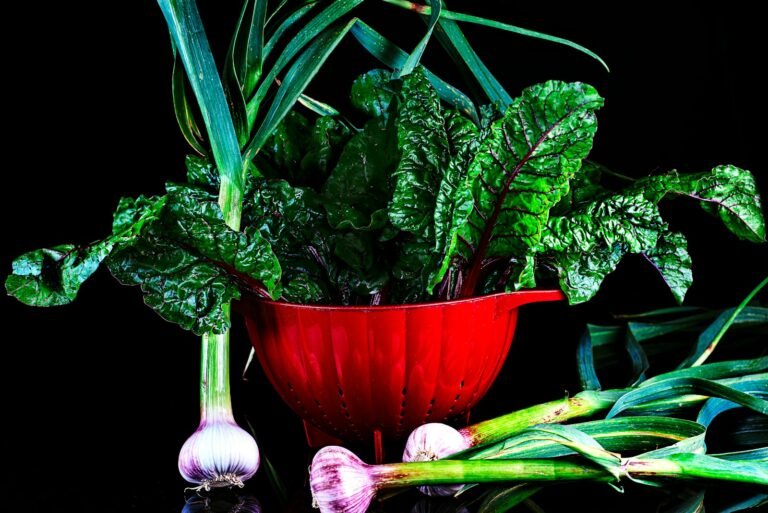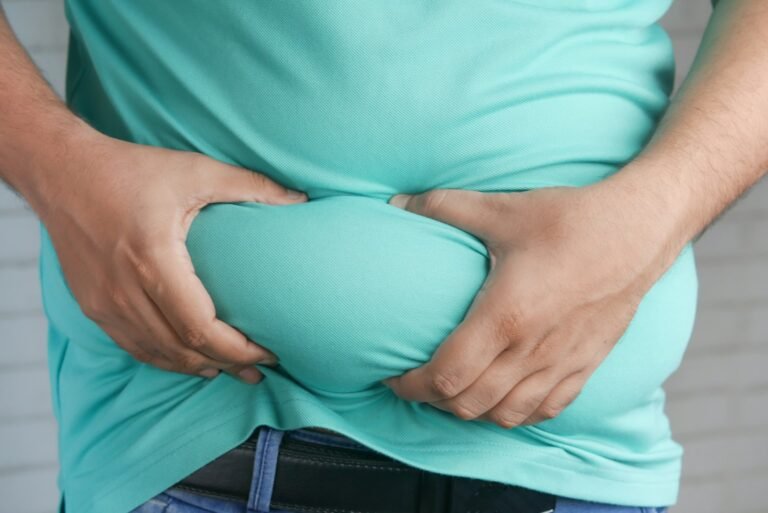How to Hydrate Properly for Optimal Health
Wellness begins with understanding the importance of proper hydration in your daily life. Drinking enough water is vital for maintaining bodily functions, boosting your energy levels, and supporting overall health. In this guide, you’ll learn practical tips on how to hydrate effectively, the right amount of water to consume, and how to incorporate hydration-friendly habits into your routine. Let’s explore how you can elevate your health by making mindful choices about what and how you drink.
Key Takeaways:
- Drink plenty of water throughout the day, aiming for at least 8-10 cups, adjusting based on individual needs and activity levels.
- Incorporate hydrating foods into your diet, such as fruits and vegetables, which can enhance overall hydration.
- Pay attention to signs of dehydration, such as dry mouth, fatigue, and dark urine, to adjust your fluid intake accordingly.
- Consider electrolyte balance, especially if engaging in intense physical activities or during hot weather, to maintain optimal hydration.
- Establish a routine for hydration, such as drinking a glass of water with each meal and snack, to ensure consistent intake.
The Science of Hydration: What Your Body Needs
The Role of Water in Bodily Functions
Water plays a fundamental role in nearly every function of your body, acting as a vital component in maintaining cellular homeostasis. Each cell in your body is surrounded by water, which facilitates the transport of nutrients and oxygen while also carrying away waste products. The average adult’s body consists of about 60% water, and this balance is vital for regulating temperature, joint lubrication, and even signaling processes within cells. For instance, when you exercise, your muscles generate heat, and water helps dissipate this excess heat through sweating, eventually guiding you back toward homeostasis.
Fluid balance is maintained through several complex systems, including hormonal control that regulates thirst and urine output. Your kidneys play a significant role in filtering blood to produce urine, ensuring that excess fluids and waste are expelled efficiently while also retaining the water your body needs. Dehydration disrupts these processes, leading to decreased physical performance, cognitive difficulty, and an array of health concerns such as kidney stones and urinary tract infections.
Electrolytes and Rehydration: More Than Just Water
While water is vital for hydration, electrolytes hold equal weight in the rehydration equation. These electrically charged minerals, such as sodium, potassium, and magnesium, help regulate fluid balance in your body, allowing for effective communication between cells and muscle contractions. In situations where you sweat significantly—like during intense workouts or in hot climates—your body loses both water and electrolytes, making it vital to replace both. Consuming sports drinks or electrolyte-enhanced beverages can help replenish these vital nutrients along with fluids, particularly post-exercise.
The composition of your diet influences your body’s electrolyte balance. Foods such as bananas, avocados, nuts, and leafy greens are rich in potassium and magnesium, while table salt or broth can help restore sodium levels. Moreover, maintaining adequate hydration with both fluids and electrolytes has been shown to improve endurance, reduce muscle cramps, and enhance cognitive functions. During long bouts of exercise, consider consuming electrolyte solutions to optimize performance and ensure that you are not just drinking water but effectively restoring your body’s balance.
This holistic approach to hydration focuses on both water intake and the replenishment of key electrolytes. Athletes, for example, may benefit from electrolyte drinks to counteract the loss experienced during prolonged physical activity, whereas those with a less active lifestyle should still incorporate a balanced diet to support their overall hydration and electrolyte levels. Tailoring your hydration strategy based on activity levels and dietary habits can lead to better overall health and wellness.
Recognizing Your Body’s Unique Hydration Signals
Thirst vs. True Hydration Needs
Thirst is often your body’s first line of communication about hydration status, but relying solely on it could lead to underestimating your true hydration needs. By the time you feel thirsty, your body might already be in a mild state of dehydration, especially during periods of physical exertion or in warm weather. In fact, research suggests that thirst may not awaken until your body has lost about 1-2% of its water weight. Therefore, being proactive about hydration involves not just responding to thirst but also anticipating your body’s needs based on factors like activity level, temperature, and overall health.
Setting a routine can help you stay ahead of dehydration. Consider drinking water at specific intervals throughout the day or carrying a reusable water bottle with you. You might also find it beneficial to integrate hydration into your meals—having a glass of water with each meal can promote regular fluid intake, ensuring you stay hydrated consistently rather than only relying on the feeling of thirst.
Understanding Urine Color as a Hydration Indicator
Urine color serves as a practical gauge of hydration levels. Generally, pale yellow urine indicates adequate hydration, while darker shades suggest that it’s time to increase your fluid intake. Aiming for a consistently light yellow hue throughout the day can guide you in maintaining optimal hydration status and achieving better bodily function. This simple visual cue can help you grossly assess whether you need to drink more fluids or if you’re on track with your hydration goals.
Your diet can also influence urine color. Certain foods, such as beets and asparagus, can change the tint of your urine, while some supplements can lead to brighter or fluorescent colors. Nonetheless, monitoring how your hydration and dietary choices impact urine color can provide significant insights into your body’s hydration needs over time.
Personalizing Your Hydration Strategy: One Size Doesn’t Fit All
Factors Influencing Individual Hydration Needs
Your hydration needs are influenced by a variety of factors that can vary widely from person to person. Age, weight, activity level, and environmental conditions all play significant roles. For instance, athletes or individuals who engage in regular intense workouts may require considerably more hydration than someone leading a sedentary lifestyle. Additionally, those living in hot or humid climates will lose more water through sweat and, therefore, need to adjust their intake accordingly. Metabolism rates, gender, and health conditions such as pregnancy or illness can also impact how much water your body requires each day.
- Climate (hot or humid vs. cool or dry)
- Exercise intensity and duration
- Body size and composition
- Diet (high protein or high salt foods may increase needs)
- Health status (illness, medications, pregnancy)
Any of these factors can significantly alter your hydration requirements, reinforcing the idea that a personalized approach is necessary for optimal health.
Tailoring a Hydration Plan Based on Activity and Environment
Understanding your specific needs is key when creating a hydration strategy tailored to your lifestyle and environment. If you’re engaged in moderate to intense physical activity, especially in warmer conditions, increasing your fluid intake before, during, and after exercise is necessary to maintain optimal performance and recovery. For example, during a long run or workout, hydrating every 15-20 minutes with water or an electrolyte solution can help replenish lost fluids and prevent dehydration. On the other hand, if you’re spending most of your day indoors in a climate-controlled environment, your hydration needs may be more moderate, but consistent sipping throughout the day is still advisable for overall health.
Considering variables such as the duration of your activity and the temperature of your surroundings helps in determining how much water to ingest. Research indicates that for every hour of vigorous exercise, you might need an additional 16-24 ounces of water, especially if you’re sweating heavily. In this way, you can optimize your hydration strategy to ensure it aligns perfectly with your activity levels and environmental conditions.
Hydration Techniques: Effective and Creative Ways to Drink Water
Incorporating various hydration techniques into your daily routine can make the experience of drinking water more enjoyable and fulfilling. Simple changes, such as using a stylish water bottle or establishing a hydration schedule, can boost your motivation to stay hydrated through the day. Moreover, experimenting with different techniques can keep water consumption from feeling monotonous and help you meet your hydration goals. You may find that using apps to track water intake, engaging in fun hydration challenges with friends, or dedicating certain times throughout the day for water breaks can enhance your overall commitment to proper hydration.
Infused Waters: A Flavorful Approach to Hydration
Infused waters provide a delightful and flavorful means to encourage higher water intake. By adding fruits, vegetables, or herbs to water, you introduce refreshing tastes that can transform this fundamental liquid into a gourmet experience. Popular combinations include lemon and mint for a zesty kick, or cucumber and basil for a spa-like feel. Experimenting with different ingredients not only keeps hydration interesting but also allows you to explore diverse flavors and aromas that may appeal more to your palate, ultimately leading to increased consumption.
Infused waters can also deliver additional health benefits beyond just hydration. For instance, citrus fruits like oranges and grapefruits bring added vitamin C, while herbs such as rosemary and thyme contain antioxidants. Preparing infused water at home is easy; just slice your favorite produce and let it steep in water for a few hours to create a refreshing beverage. This technique is a simple yet effective way to enhance your hydration habits while indulging in your culinary creativity.
Foods with High Water Content: Eating Your Hydration
Nourishing your body with foods that have high water content can significantly contribute to your overall hydration status. Items such as cucumbers, watermelon, and strawberries, which contain over 90% water by weight, can help you stay hydrated while providing crucial nutrients. Incorporating these water-rich foods into your meals or snacks fills you up with beneficial elements without an excessive caloric load. Studies show that nearly 20% of your daily water intake can come from food, making this an crucial aspect of maintaining proper hydration.
When aiming for optimal hydration through your diet, focus on including a variety of fruits and vegetables that not only supply water but also offer fiber, vitamins, and minerals. Bell peppers, spinach, and tomatoes are superb choices, as they blend well in salads, smoothies, or stir-fries. You can diversify your meals by considering foods like yogurt and soups, which also contribute to your overall hydration. By choosing hydration-focused foods alongside drinking water, you’re creating a balanced and fulfilling approach to meeting your body’s liquid requirements.
Common Hydration Pitfalls and How to Avoid Them
The Dangers of Overhydration: Balancing Act
Striking a balance in your hydration habits is important, as overhydration can lead to a condition known as hyponatremia, where sodium levels in the blood become dangerously low. This condition can happen when you consume excessive amounts of water in a short period, overwhelming your kidneys’ ability to excrete the excess. Symptoms range from mild discomfort and bloating to severe complications like seizures and coma. Adequately understanding your body’s signals—such as thirst and the color of your urine—can help maintain this balance. Clear urine typically suggests adequate hydration, while a darker shade could indicate a need for more fluids.
Moreover, the risk of overhydration is particularly heightened during intense physical activities, when athletes tend to chug water thinking it will enhance performance. However, recent studies suggest that aiming for a specific hydration strategy, rather than drinking to address thirst, can lead to overdoing it. You can effectively manage this balance by consuming electrolyte-rich beverages during prolonged exertion, allowing for better retention and utilization of the water you consume.
Misconceptions About Caffeine and Hydration: What You Need to Know
Many people believe that beverages containing caffeine, such as coffee and tea, contribute negatively to overall hydration. This widely held misconception stems from caffeine’s mild diuretic properties, which can cause an increase in urine production. However, studies have shown that moderate caffeine consumption does not lead to significant dehydration. In fact, the hydration level achieved through caffeinated beverages can offset any possible diuretic effects, keeping you adequately hydrated. It is important to consider how individual tolerance and personal health factors may vary, as the impact of caffeine can differ from person to person.
Research indicates that you can include caffeinated beverages in your daily hydration routine without worrying about negative consequences. For many people, one to three cups of coffee or tea per day provide both the pleasure of a warm drink and hydration benefits. The key lies in moderation and ensuring that the total fluid intake—including water, caffeinated drinks, and other fluids—meets your personal hydration goals.
Conclusion
Drawing together the imperative aspects of hydration, it’s clear that maintaining optimal health requires you to be proactive about your water intake. Understanding your individual needs based on factors such as activity level, climate, and personal health can greatly enhance your overall well-being. As you incorporate habits like carrying a water bottle and setting reminders, you’ll find it easier to meet your daily hydration goals. You can refer to informative resources like Water: How much should you drink every day? for guidance on how much fluid is right for you.
In a nutshell, prioritizing hydration is an investment in your health. By being intentional about filling your water needs, you’ll not only enhance your physical performance but also support cognitive function and emotional well-being. Make hydration a consistent part of your daily routine, and you’ll likely experience the benefits in various aspects of your life. Tailor your approach as necessary, and enjoy the vibrant health that can come from proper hydration.
FAQ
Q: How much water should I drink daily for optimal hydration?
A: The amount of water needed can vary by individual based on factors such as age, weight, activity level, and climate. A general guideline is to aim for about 8-10 cups (64-80 ounces) of water per day. However, it may be beneficial to adjust this amount according to your specific needs, particularly if you are exercising or spending time in hot environments.
Q: What are the signs of dehydration?
A: Common signs of dehydration include thirst, dry mouth, fatigue, dark yellow urine, dizziness, and confusion. If you notice these symptoms, it is important to increase your fluid intake. Staying alert for these warning signals can help maintain your hydration status.
Q: Is it possible to drink too much water?
A: Yes, overhydration, or water intoxication, can occur if you drink excessive amounts of water in a short period of time. This may lead to an electrolyte imbalance, which can be potentially dangerous. It’s best to hydrate gradually throughout the day, paying attention to your body’s signals to determine your needs.
Q: Can I hydrate effectively using fluids other than water?
A: Absolutely! While water is the best source for hydration, other beverages such as herbal teas, coconut water, and even milk can contribute to your daily fluid intake. Additionally, foods with high water content, such as fruits and vegetables (like cucumbers, strawberries, and watermelon), can also help keep you hydrated.
Q: How does hydration affect physical performance?
A: Proper hydration plays a significant role in maintaining optimal physical performance. Insufficient fluid intake can lead to decreased strength, endurance, and higher rates of perceived exertion during physical activity. Staying well-hydrated helps to support muscle function, energy levels, and overall performance during workouts or sports.








